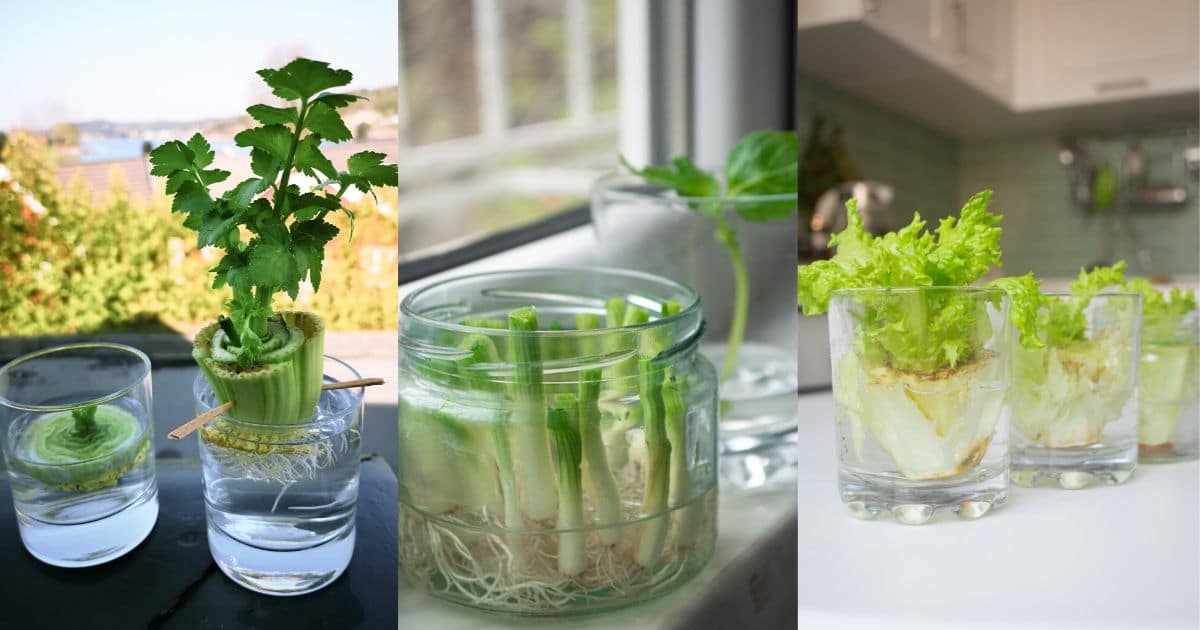Aka how to spread diseases to your home garden.
There is extensive processes to minimize the spread of diseases from seed stock. Unless you know what you are doing it’s a great way to turn your home garden ground zero for the local plague.
For example -
Tomato- seed needs to extracted with acid or a peroxide to kill bacterial canker.
Pepper - TMV virus is ubiquitous in commercially grown peppers. The seed needs to be treated with TSP (Trisodium phosphate).
Watermelon, cantaloupe, honeydews and others. Seed needs to be treated with peroxide to eliminate bacterial fruit blotch.
For the cantaloupe and honeydew up to 80% of the fruit grown in some regions are infected with SQMV. The seeds of these fruit should not be saved.
For pumpkins/squash the seeds are almost always infected with ZYMV. Seed plants need to be grown in protected culture to prevent this.
Potatoes - since potatoes are a tuber every single major disease is transmitted from one generation to the next. This includes virus, fungi and bacterial infections. If you want scab and blights and viruses riddled plants this is an great way to do it
it would be better of just buying the veggies/fruits and then growing it from its tissues, rather than use half decomposing food. if you acess to auxins/giberellin hormones you can potentially grow many veggies or tomatoes from just the tissues
Didn’t know that. I eat organic and I’ve never noticed such problems
That’s because organic producers toss the most severely damaged produce away before it ever gets to the store.
The loss of production due to disease and pests is one of the major reasons organic production overall is more damaging to the environment.
This is utter nonsense. When i was in the States I went to organic farmers markets, known some of the local farmers, went to the amish, this isn’t a thing in the slightest.
Outside of America this would be even more laughable as all the natural producers of fruits and vegetables would ask you “what in the world are you talking about?”
Even the country I’m in now would be puzzled by this statement. It’s far detached from the reality I live in and experience
Your reality sadly isn’t the real one. It’s far more complicated.
https://ourworldindata.org/is-organic-agriculture-better-for-the-environment?ref=goodoil.news
The problem with organic farming is it is too simplistic of an approach. It’s tenants are based upon a guess not scientific data and enforced regardless of if it makes logical sense with what we known now.
This is study by Clark and Tilman (2017) that they based their results from doesn’t correlate to any reality that I’ve ever witness. I tried to find connections to a GMO producer that they might of had but I could not. Because I can’t understand how they could come to such a conclusion.
Non organic farming uses just as much fertilizer and on top of it uses very toxic chemicals from synthetic pesticides. So their eutrophication levels would certainly be higher than organics that may use fertilizers but dont use the synthetics.
The report also shows that it is some not all instances that organic is worst for energy levels or pollution which as nothing to do with your claim nor my claim of viruses coming from regrowing your vegetables/fruits from the grocery.
Did you read the paper?
https://iopscience.iop.org/article/10.1088/1748-9326/aa6cd5/pdf
It’s a pretty decent one but there are others that I find better done. I posted the world in numbers one because its got nice graphs and is well cited.
I’ll post more if you would like to discuss it futher.
As for your question on nitrogen/phosphate runoff it’s pretty simple. Organic fertilizers like manure take time to break down by microbial action into the exact same molecular chemicals as synthetic fertilizer. Say you have 4 months of production time when the plants can use nutrients. Microbial action on manure can take up to 6 months until it releases all of the nutrients. The excess nutrients that are release when no crop is growing runs off and causes environmental damage.
As for my comments on disease and seed, I can give you references to all of them except the SQMV. That’s unpublished data that I used to convince some idiot C-suite types to release some capital investment. Gave a pathology tech a very bad few weeks one summer.
You are under the impression the all synthetic chemistry and GMO’s are bad. This is flat out not true . They are technology that can be used for very f Good and stupid uses. Example a very good GMO is virus resistance (PRSV in Papayas). A fucking stupid one is Roundup resistance.
I read the paper. I already know organic food is better than GMO, people have been farming organically 99% of humanities existence compared to GMO. If you want to eat that man made manipulation of nature you can but I’ll just eat the nature. No synthetic is good for organic lifeforms which humans are. You humans think you can out perform nature but you can’t.



